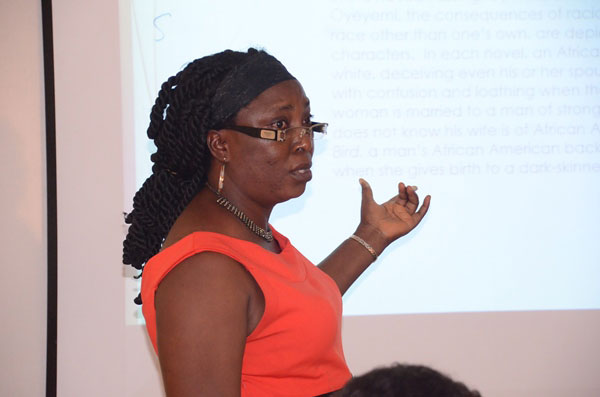Privileging Kinship: Family and Race in Eighteenth-Century JamaicaPosted in Articles, Caribbean/Latin America, History, Law, Media Archive, Slavery on 2017-05-12 02:36Z by Steven |
Privileging Kinship: Family and Race in Eighteenth-Century Jamaica
Early American Studies: An Interdisciplinary Journal
Volume 14, Number 4, Fall 2016
pages 688-711
DOI: 10.1353/eam.2016.0025
Daniel Livesay, Assistant Professor of History
Claremont McKenna College, Claremont, California
During the long eighteenth century, elite free people of color in Jamaica petitioned the government for exemptions to some of the island’s laws against those with African ancestry. In making these appeals, they highlighted advanced social and financial positions that put them above the average Jamaican of color. But perhaps most important, these petitions noted familial relations to white men on the island. These kinship connections were central in determining if a free person of color was deserving enough to receive “privileged” rights. In bestowing these privileges, Jamaican officials demonstrated that one’s racial status on the island was determined, in part, by familial linkages to white colonists. Although only a fraction of mixed-race Jamaicans gained these legal exemptions, the practice nevertheless reveals how important family relation was in constructing racial identities, even in a place built on racialized oppression and slavery.





